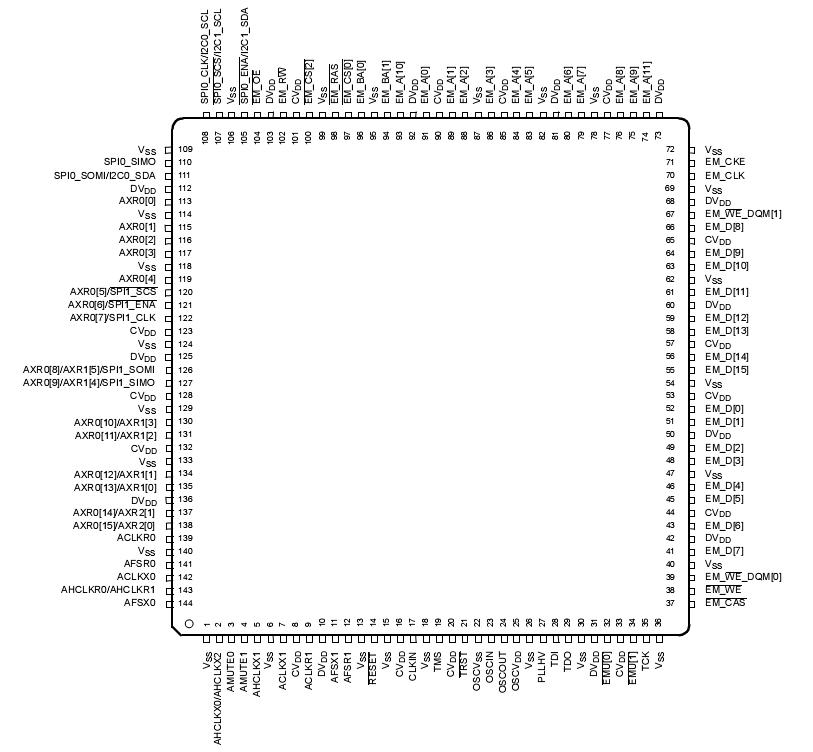TMS320C6722: Features: . C672x: 32-/64-Bit 300-MHz Floating-Point DSPs. Upgrades to C67x+ CPU From C67x Family: 2X CPU Registers [64 General-Purpose] New Audio-Specific Instructions Compatible With the C67x CPU....
floor Price/Ceiling Price
- Part Number:
- TMS320C6722
- Supply Ability:
- 5000
Price Break
- Qty
- 1~5000
- Unit Price
- Negotiable
- Processing time
- 15 Days
SeekIC Buyer Protection PLUS - newly updated for 2013!
- Escrow Protection.
- Guaranteed refunds.
- Secure payments.
- Learn more >>
Month Sales
268 Transactions
Payment Methods
All payment methods are secure and covered by SeekIC Buyer Protection PLUS.

 TMS320C6722 Data Sheet
TMS320C6722 Data Sheet







